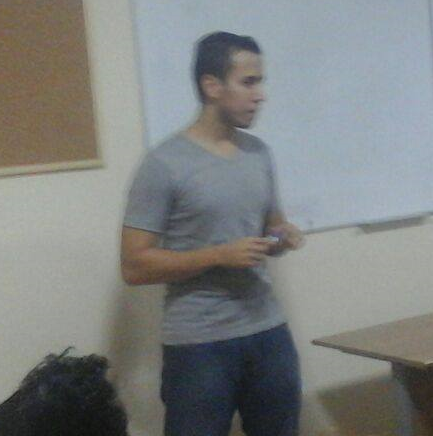Most of you probably learn a language without a teacher, right? Anyway, with or without a teacher, you cannot learn a language alone. So, if you have no teacher, you must find at least a language partner. Do you know how to do it?
1 – Best tools:
First of all, my favorite app in the world. You definitely should check it out! I am talking about HelloTalk. I have no financial interests here, I just recommend it because I really believe in this app and it changed my life.
In case you have tried and you want some more, try the communities on Facebook, in fact you can try general ones, like Polyglots (The community) or something more specific, with focus on the language you are learning.
2 – Time to talk! Jump-start!
Ok, now you have HelloTalk but you are too shy to try it. Well, this app has a lot of options, you can try audios or you can send written messages, it is up to you. Just remember one thing. We are all here to make mistakes and learn with them. So, don’t worry and if someone doesn’t answer you, just ignore it and try someone different.
You can always start with basic stuff, like good morning, I am XXX, could we talk? But sometimes it can be a little bit boring. Try to be yourself, ask about musics, movies, try to find some common interests. Please, do not see it like a website to date . Forget about say stupid things for girls/boys in there, it is rude and you can be banned, we are here to learn languages, ok?
3 – Building a relationship
It is pretty boring when you just say: Hi, I am from Brazil, I speak your language, I like to read. and then, the person says, oh, I am XXX and I am from Egypt, I speak your language and I like to travel. This is the end, so you start to talk with someone else and use the same sentences.
You need to feel empathy for him/her. Try to talk with the same person, again and again, expose yourself, show who you are, face it like you were friends. It is.. fake it until you make it, and it is true! With time, you will be friends, you will share cultural background, you will expose yourselves to each other, and then, poof! Like magic! Now you are friends!
4 – My example:
For each language I speak or learn, I have a language partner ( I don’t like these words). Why don’t I like these words? Because we are friends. Sometimes I have more than one for the same language. All of them have my Facebook, most part of them have my Whatsapp or my Skype, we are always in contact. I make all my effort to keep the friendship alive. Is it selfish? No! it is good. In fact, we care about each other and this is the point! Languages are just tools! The key is communication! If I could put one sentence inside your head, it would be:
Do you want to learn languages? Simply make some friends!






